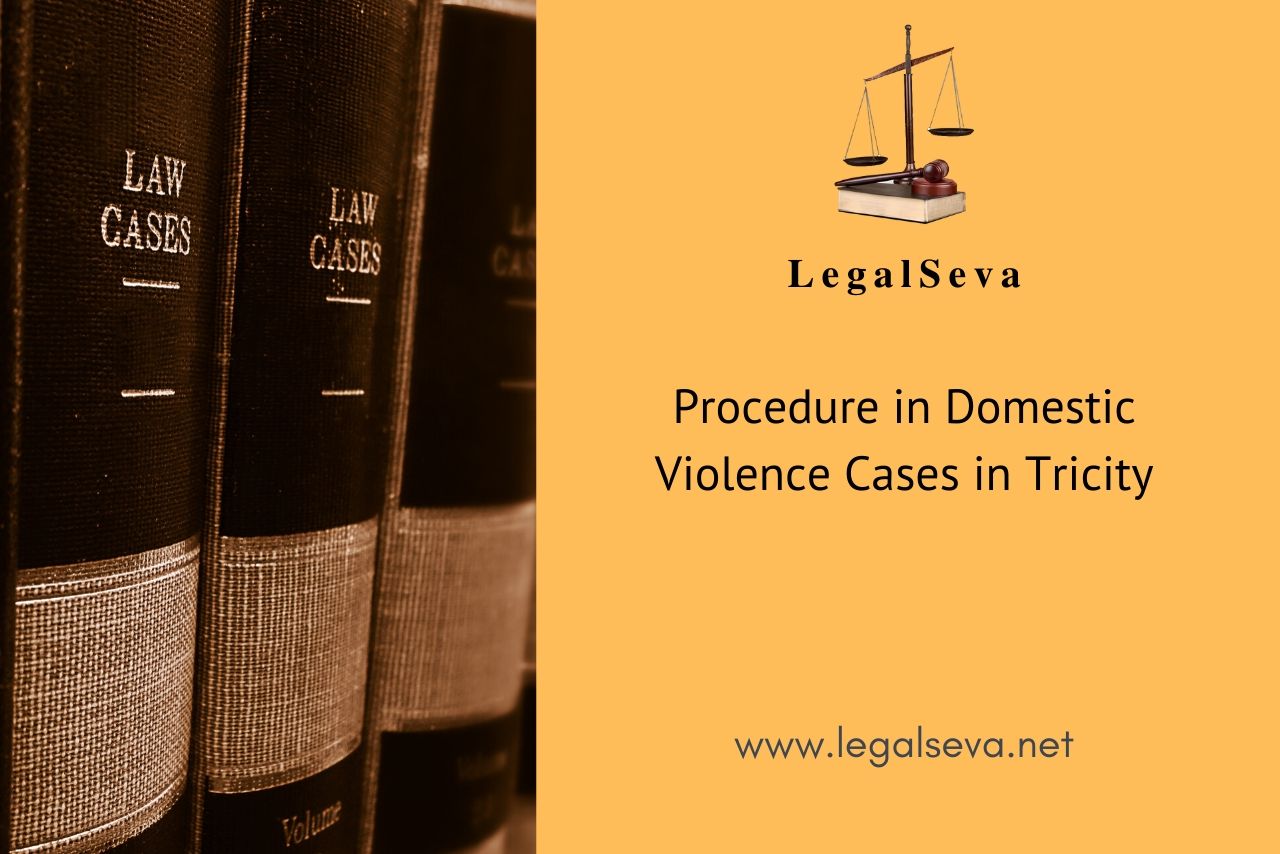Last Updated on June 20, 2024 by Satish Mishra
Dividing assets in a divorce can be a difficult task however the most difficult part in a divorce for a married couple with a child is for fighting for custody of that child.
Child custody is a sensitive matter as it’s not just about the availabilities for the child while growing up but also about how the divorce psychologically impacts the child. Normally divorce takes an ugly turn between both the parties, which deeply makes an impact on the child as an adult.
Also Read- CUSTODY OF A CHILD IN NRI CASES
To make the divorce more cordial when a minor is involved, the law has provided many possible ways. To come to the law involved, first we will read about the types of child custodies. There are mainly four types of Child Custody recognized by the law:
- Sole physical custody: here one parent has the complete custody of the child and by validation of the court the other parent can come to meet with the child.
- Joint Physical Custody: here both the parents will have allotted time to physical custody of the child. E.g.the mother will get the child for the weekdays and the father will get the child for the weekends.
- Sole Legal Custody: this means that only one parent will have the right to make the decisions of the child’s life, like for health and school related decision. Even though the other parent might have visitation rights yet they cannot make any significant decision for the child.
- Joint legal custody: it means that both parents have equal right to make an important decision for the child’s well being. Here the court encourages the parents to come up with an effective ‘parenting plan’ so that the child does not suffer.
Also Read- INTERIM MAINTENANCE UNDER DIVORCE ACT
As per the Hindu law the mother usually gets the custody of the minor under the age of five. It is preferred that the father gets the custody of the older boys and mother of the older girls however there is no strict rule regarding this, the situation and behavior of both parents matters a lot here. A child above the age of nine can choose amongst the parents.
In case of such matters the court is considered to be the ultimate guardians of the child and final decision, which is crucial for the minor’s upbringing, is to be finalized only by the court.
Also Read- Maintenance Alimony Child Custody
In case of child custody the earning and financial stability is not given any high importance instead the parent’s ability to give the child safe and stable environment is reviewed more. In fact a mother who is a housewife can be given full custody where the father can provide for child support.
Child support includes childcare, health care, health insurance, special educational need and travel related visitation. Child support can be asked even from the mother who is financially more stable than her spouse. If the parent fails or avoids to pay child support they can be sued under contempt of court, the might have to get their taxes attached and might even get their drivers license blocked.
Also Read- GROUNDS FOR DIVORCE
As read in the Hindu Marriage Act and above factual information, the mother is favored more for the custody of her children in comparison to the father. In order to be more careful during the divorce proceedings so as to get joint custody of the child the fathers must keep a few things in check they are as follows:
- A father must clearly provide his financial record to the court so that he is expected to give the child support as per what he is capable of.
- In some cases the woman does not wish to see her husband after divorce however it is essential for a child to be visited by his father. The father in such a case provides the court with an effective mechanism so as to avoid any problems that can curtail between him and his child.
- The father will need to constantly work on his relationship with his child, as the court is the ultimate guardian of the child they will focus on the environment the child will be provided with.
- The father must work out about the visitation hours and days with the mother and the court to stay involved in the child’s life legally.
Also Read- FAQ’S MUTUAL DIVORCE
Hence, we see here that the custody of a child depends on various situations. However instead of opting for a sole custody the parents must find out a way to raise the child together in a cordial environment even after the divorce, as it is essential for the child to spend time and learn from both of his parents.
This post is written by Jagriti Mahajan of Kurukshetra University (KU, 2021) Batch. For more info on subject, please dial 99888-17966.
